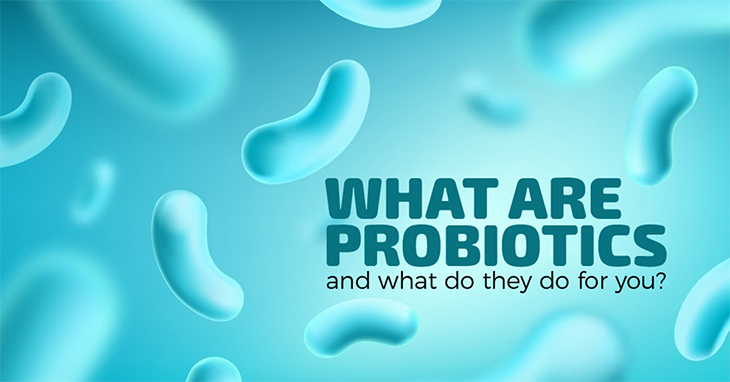This Risk Skyrockets to 40-50% in Men Over 40
Category: Uncategorized

In our upcoming Men’s Health Masterclass, we’ll dive into key health issues men face, including:
– Heart Health
– Mental Health
– Prostate Health
Today, I want to address one of the most uncomfortable yet crucial topics— prostate health, specifically Benign Prostatic Hyperplasia (BPH).
What is BPH?
The prostate naturally grows with age, often without causing any problems. However, in many cases, the enlarged prostate compresses the urethra, making urination difficult and leading to BPH.
This condition often results from hormonal imbalances such as low testosterone, high DHT, and estrogen.
Interesting Fact: Did you know that while a man aged 31-40 has only an 8% chance of having BPH, this risk skyrockets to 40-50% in men aged 40-60, and over 80% in men older than 80? That’s quite a jump!

Symptoms of BPH
If you’re wondering whether you might be experiencing BPH, here are some common symptoms to watch out for:
- Increased frequency of urination at night (nocturia)
- Difficulty starting urination
- Weak urine stream or a stream that stops and starts
- Dribbling at the end of urination
- Inability to completely empty the bladder
- Interference with sexual activity
Managing and Preventing BPH
While prostate problems, particularly BPH, are a natural part of growing older, there are several measures you can take to maintain your overall health or address some of the symptoms.
Here’s what you can do:
1. Do Nothing (It Might Go Away)
Sometimes, BPH symptoms can resolve on their own. However, it’s essential to stay informed and monitor your condition. Be sure to ask your doctor to perform the Prostate Specific Antigen (PSA) test on an annual basis!
2. Follow Medical Route
- Androgen Blockers: These can help but may cause side effects like feminization and “menopause” symptoms.
- Surgical Procedures: Effective but comes with risks (Morbidity: 1-42%, Mortality: 0.2-4.6%).
3. Natural and Dietary Approaches
- Saw Palmetto: In a study involving 305 men over 45 days, 83% reported effective results with no adverse reactions.
- Testosterone Therapy: Consult with professionals like Dr. Jonathan Wright to increase healthy levels.
- Soy Protein: Contains phytoestrogens that block estrogen hormone action and support testosterone metabolism and prostate health.
- Beta-sitosterol: Found in many plant-based foods; 0.4g/kg body weight equals 40% of total protein.
- Zinc: Inhibits 5-alpha-reductase from converting testosterone to dihydrotestosterone.
4. Prevention Tips
- Avoid milk products and cholesterol-forming foods (sugar, most fats).
- Quit smoking.
- Limit beer (raises prolactin levels) and alcohol intake.
Join the Journey to Wellness
To learn more about these critical health issues and how to manage them effectively, join us for our upcoming wellness webcast Men’s Health Masterclass with Dr. Richard Brouse.

This wellness webcast will provide practical insights and actionable strategies for navigating the path to peak wellness.
Mark your calendar for June 19th at 8 pm ET.
Stay vibrant and healthy!
Jerry Baker
Wellness Guide
7036260774
https://fit4lifellc.com



Facebook Comments